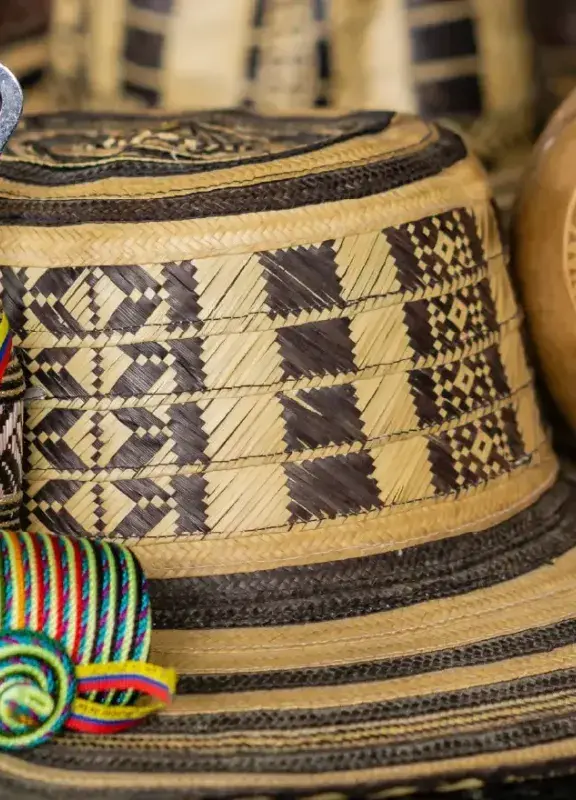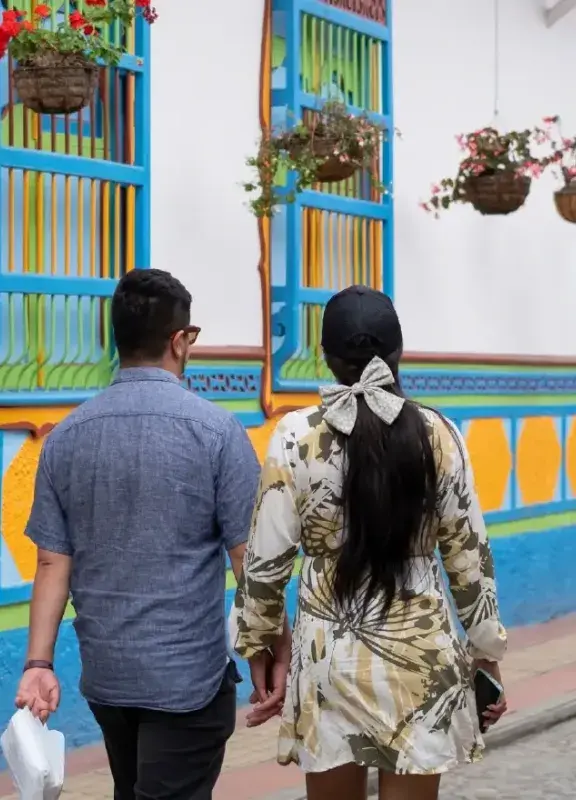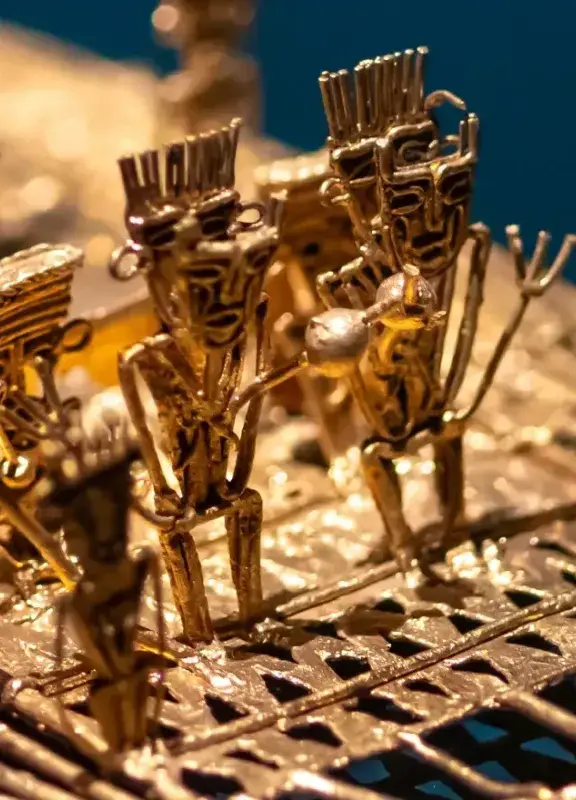Gastronomy for development
Laura Hernández, CEO of Funleo, told Country Brand Colombia about the importance of gastronomy to preserve the country’s heritage.
Thanks to its vast natural and cultural diversity, Colombia is a true gastronomic paradise. The blend of cultures, combined with the country's rich and varied geography, has made it a prime destination for visitors from around the world eager to taste new, traditional, and delicious Latin American flavors.
Geography is on our side. As the second most biodiverse country in the world, our equatorial location gives us a wide variety of climates suitable for the growth and production of world-renowned agricultural goods, such as coffee. This same diversity means that each geographic region has its own culinary traditions closely tied to its way of life. A clear example can be found in the eastern plains, where cattle ranching is the predominant activity, shaping all of their cultural and gastronomic traditions.
For this reason, Colombia has begun to weave innovative ideas in favor of the preservation of our traditions—an initiative in which gastronomy plays a key role. This is how the Leo Espinosa Foundation (Funleo) was born, and its Executive Director and Project Coordinator, Laura Hernández, shared with Marca Colombia how “Gastronomy for Development” contributes to sustainability from the kitchen.
Marca Colombia: Why is cuisine one of our cultural heritages?
Laura Hernández: Gastronomy goes beyond physiological needs. Eating is not just about ingredients and products; it also involves practices, habits, and traditions centered on cultural values. The heritage value of gastronomy is intangible—while recipes may be tangible, they encompass countless legacies, stories, experiences, and practices surrounding food that are part of our traditions and our national identity.
MC: What is “Gastronomy for Development”? Why was it created? How can it be promoted?
L.H.: The “Gastronomy for Development” concept is based on the idea that Colombia’s natural and traditional heritage is a strategic resource for development and a potential value that must be used wisely. In this way, the conservation and promotion of natural species, together with initiatives to strengthen gastronomy, enable communities to address certain current challenges, such as food scarcity, food security, nutrition, and the strengthening of cultural identity.
MC: How does Funleo put “Gastronomy for Development” into practice?
L.H.: We lead initiatives that help strengthen the cultural identity of communities by raising awareness and encouraging creativity in gastronomy. We promote the timely and sustained consumption of local, safe foods under conditions that allow for their proper use, with the goal of improving the satisfaction of essential basic needs and the community’s quality of life.
We seek to raise awareness of the biological and cultural wealth that communities possess, emphasizing a sense of belonging and identity as key factors in fighting feelings of inequality or relative poverty through processes that reclaim local culinary traditions and encourage the use of native products in cooking. We research promising biological species as well as those that are underutilized, as part of a process of awareness that promotes their integration into daily diets and local gastronomic offerings. We support community social fabric strengthening processes through gastronomy by backing initiatives that engage participants and their families around culinary projects. We create spaces to showcase local gastronomy as platforms for presenting traditional products and community-based work.
MC: How is the heritage work with communities shared publicly?
L.H.: Through embassies, consulates, and international events where chef Leo Espinosa has been invited to present the results of gastronomic research projects. Learn more about Colombian gastronomy and discover why, when it comes to innovation and development, the answer is Colombia.
 Welcome, you are in
Welcome, you are in 













